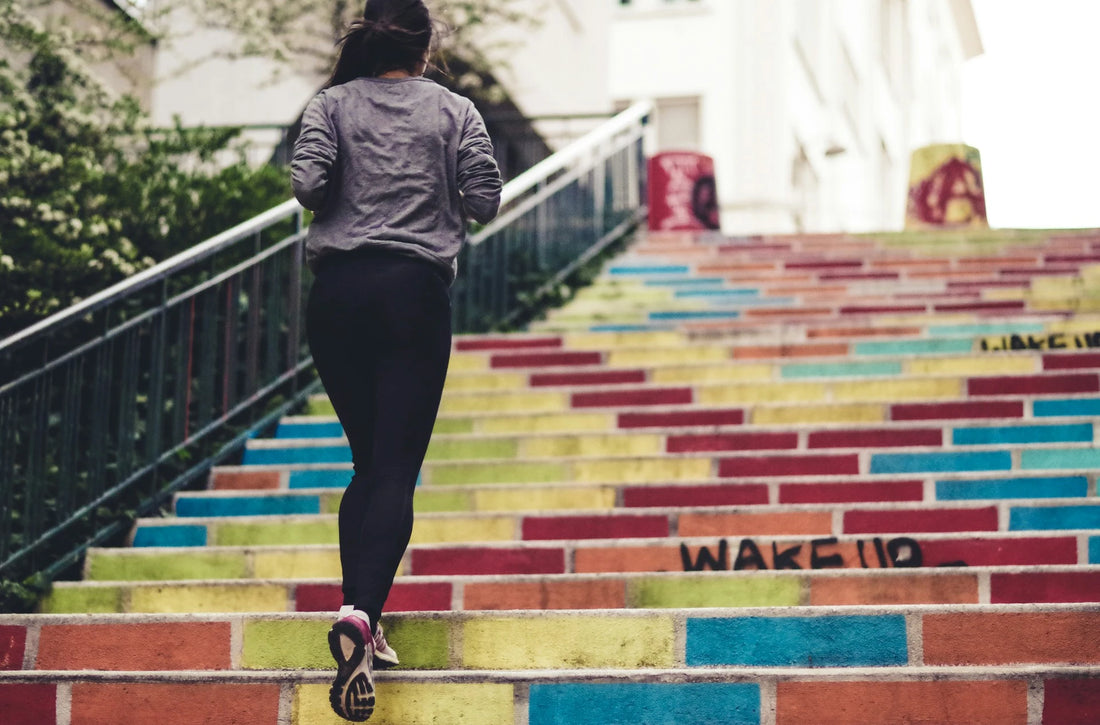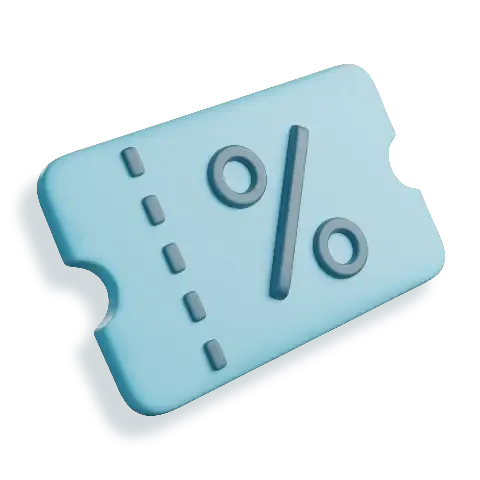
Are There Low Caffeine Energy Drinks Worth Drinking?
You know what they say, sometimes less is more. Many of us rely on caffeinated energy drinks to to keep pace with life, and we have grown to accept the usual side effects — jitters, anxiety, or disrupted sleep, especially if you don't watch your intake. Question is, are there any low caffeine energy drinks out there worth trying?
Yes, it's a thing
Actually seeking out low caffeine energy drinks may seem counter-intuitive to some. After all, didn't you come for the caffeine energy boost? However, there is indeed a growing niche of consumers actively moderating their caffeine intake, as evidenced by this Reddit post discussing 'Energy Drinks with Low or No Caffeine' which garnered 79 comments.

Alright, let's set the record straight upfront. What exactly qualifies as 'low' caffeine? After all, caffeine content for various brands actually vary in different markets.
Traditional energy drinks sold in the US contain 80 to 300 mg of caffeine per serving, mainly due to the larger serving size (500 ml or 17 fl. oz.). In comparison, low caffeine versions usually contain between 30 to 70 mg, offering a gentler yet effective pick-me-up.
In case you're wondering, a cup of coffee can contain anywhere between 50 - 130 mg of caffeine, again depending on the serving size and type of coffee beans.
Are there really benefits?
Supporters of low caffeine drinks swear by the benefits:
- Reduced jitters
- Better sleep
- No crashes
Low caffeine energy drinks provide a more balanced energy boost, helping you stay awake and alert while avoiding the dreaded caffeine crash. This is because your body is unable to smooth out caffeine absorption on its own, and if you ingest a large dose of caffeine, it's hitting you like a truck. However, what goes up must come down, and the inevitable crash leaves you feeling worse off than before.
There are new ways to smooth out caffeine absorption, which you can read about here if you're interested.
High caffeine intake can also cause stomach issues, like acid reflux or irritation. Naturally, with lower caffeine, these drinks are usually gentler on the stomach.
It's all about balancing the benefits of caffeine with the potential pitfalls! You know your body best, and awareness of the other options out there allows you to take charge of your energy needs.
So, which low caffeine energy drinks do you recommend?
I tried all the leading low caffeine energy drinks so you don't have to. Here are some of my faves.

Minna Sparkling Tea. Derived from natural tea, Minna drinks' caffeine content hovers around 'only' 30mg per can. As a reference, that's about the same as a 330ml can of Coke. The light carbonation gave a little edge to the drink. I liked the Citrus Black Tea flavor but you won't go wrong with Tropical Green Tea as well.

Yerbae Sparkling Water. Boasting caffeine derived from the yerba plant, Yerbae drinks are zero sugar with no artificial sweeteners. Each can contains 60mg of caffeine, which may sit in the sweet spot of an effective energy boost without the side effects.

REBBL Stacked Coffee. For coffee lovers, REBBL drinks contain a well balanced 50mg of caffeine per can, along with a myriad of other nutritional supplements like ashwagandha. It wasn't sweet enough for me although the creaminess was just right. This is a great option if you prefer coffee as your caffeine source.

EBOOST Super Fuel. EBOOST is pushing the edge at around 110mg of caffeine per can, using natural caffeine derived from unroasted coffee beans. For comparison, 110mg/can of caffeine is actually close to the caffeine serving for a Monster Energy drink outside of US. As we mentioned, 'high' and 'low' are all relative.

Sound Sparkling Tea. This one's for the tea lovers with a wide range of tea focused flavors including Ginger Hibiscus and Chamomile Citrus. The caffeine content is also on the milder side, around 20 - 30mg per can. Sound Sparkling Tea is perfect for consumers who desire the floral botanical scent of teas, with just a little caffeine kick. Love the retro inspired packaging though.
Can I get the best of both worlds?
A recurring theme here is smooth, sustained energy with no crashes and jitters. Moderating your caffeine intake is just one of the consume healthy energy. But you can go a step further. What if I told you there's a new way to consume energy that is fast, convenient and still tastes great?
STIM is the new oral dissolving energy strip that promises just that. It's the first in the world to contain time release caffeine, which promotes smooth caffeine release and hence a sustained energy boost without sudden crashes or jitters.
While it's all well and good that you turn to low caffeine energy drinks, sometimes convenience is still a major factor. After all, you can't carry your drink or coffee into a meeting, your class room, or while driving and riding. STIM fits in your pocket and packs the power of 10 energy drinks in a palm sized package.
Join the STIM revolution today and get 10% OFF your first order!
Instant Energy. Convenient Energy. Tastes Great.
 Boost Now
Boost Now

